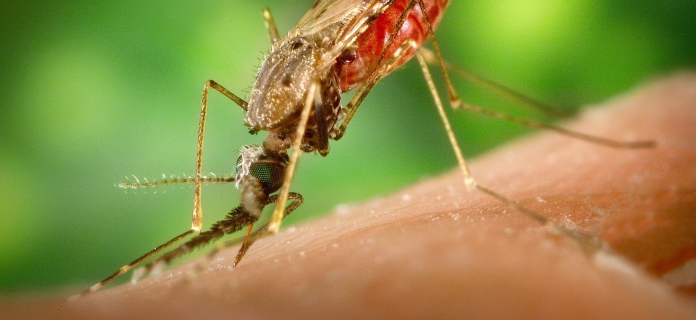Effects of Pregnancy and Malaria Exposure on Immune Response
Study coordinated by ISGlobal in collaboration with researchers in Papua New Guinea and Australia is published in the Journal of Immunology
22.09.2014
Pregnancy triggers immunological changes to ensure that the mother's immune system does not reject the developing foetus, but the impact of this on B cells—one of the main cell types involved in the immune response—is still poorly understood. This study, coordinated by researchers in ISGlobal's research centre CRESIB and published in the Journal of Immunology, was undertaken to study the individual and combined effects of pregnancy and exposure to the malaria parasites Plasmodium vivax and Plasmodium falciparum on the distribution and characteristics of B cells.
According to Dr. Pilar Requena, lead author of the study, "Our main conclusion is that, in terms of B cell population, pregnant women exposed to malaria have the same response as malaria-exposed women who are not pregnant because we observed the same changes".
The study also involved researchers from the Papua New Guinea Institute of Medical Research and the University of Melbourne in Australia. It compared the B cell populations of four study groups: pregnant and nonpregnant women in Spain who had never travelled to a malaria-endemic country, and pregnant and nonpregnant women in Papua New Guinea, a country where malaria is endemic. The changes in B cells associated with exposure to malaria were observed in nonpregnant adult women. These changes, which include an expansion of atypical memory B cells (MBC) and a decrease in marginal zone–like MBCs, also take place during pregnancy, a period characterised by considerable immunological change.
Irrespective of exposure to malaria, pregnancy involves an expansion of MBCs in peripheral blood and a decrease of naive or virgin B cells, although these changes are not so evident in Papua New Guinea, a country where malaria is endemic. These changes in the distribution of certain of B cell subtypes may have important implications for the response to vaccines and infections which, like malaria, are more prevalent or involve worse symptoms during pregnancy. Furthermore, the levels of a certain cytokine (the chemokine eotaxin), which are lower during pregnancy and in women exposed to malaria, correlates well with those of atypical MBCs. Surface expression of the CCR3 marker for eotaxin in these cells suggests that the chemokine could play an important role in the B cell changes observed during pregnancy and on exposure to malaria.
These findings are important "because they will help us to understand immunity to infections like malaria that lead to negative outcomes for both the mother and the newborn child, and they may have important implications for vaccine development", according to Dr. Carlota Dobaño, an ISGlobal researcher and the last author of the study.
This work is part of the Pregvax study that aimed to describe the clinical and epidemiological characteristics of P. vivax in pregnancy and it is coordinated by Dr. Clara Menéndez, Director of the Maternal, Infant and Reproductive Health Initiative at ISGlobal. The project is part of the Malaria in Pregnancy Consortium (MiPC) and it was funded by the 7th Framework Programme (FP7), the Bill and Melinda Gates Foundation and the Ministry of Science and Innovation (MICINN).
Referència: Pilar Requena et al. Pregnancy and Malaria Exposure Are Associated with Changes in the B Cell Pool and in Plasma Eotaxin Levels. J Immunol. Published online 18 August 2014



